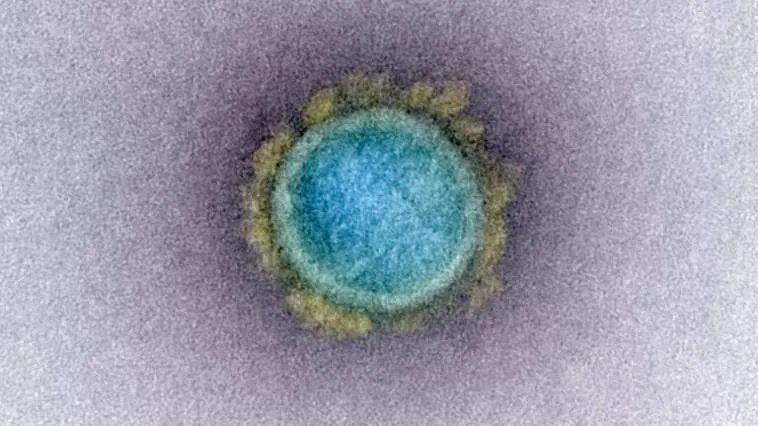(STAT) Research at Boston University that involved testing a lab-made hybrid version of the SARS-CoV-2 virus is garnering heated headlines alleging the scientists involved could have unleashed a new pathogen.
There is no evidence the work, under biosecurity level 3 precautions in BU’s National Emerging Infectious Diseases Laboratories, was conducted improperly or unsafely. But it has become apparent that the research team did not clear the work with the National Institute of Allergy and Infectious Diseases, which was one of the funders of the project.
Late Monday afternoon, the agency indicated it is going to be looking for some answers as to why it first learned of the work through media reports.
Emily Erbelding, director of NIAID’s division of microbiology and infectious diseases, said the BU team’s original grant applications did not specify that the scientists wanted to do this precise work. Nor did the group make clear that it was doing experiments that might involve enhancing a pathogen of pandemic potential in the progress reports it provided to NIAID.
“I think we’re going to have conversations over upcoming days,” Erbelding told STAT in an interview.
Asked if the research team should have informed NIAID of its wish to do the work, Erbelding said: “We wish that they would have, yes.”
The research has been posted online as a preprint, meaning it has not yet been peer-reviewed. The senior author is Mohsan Saeed, from BU’s National Emerging Infectious Diseases Laboratories. STAT reached out to Saeed on Monday but had not received a response by the time this article was published.
In the paper Saeed and colleagues reported on research they conducted that involved creating a hybrid or chimeric virus — in which the spike protein of an Omicron version of SARS-2 was fused to a virus of the Wuhan strain, the original version that emerged from China in 2020. The goal was to determine if the mutations in the Omicron spike protein were responsible for this variant’s increased ability to evade the immunity to SARS-2 that humans have built up, and whether the changes led to Omicron’s lower rate of severity.
The testing actually showed, though, that the chimeric virus was more lethal to a type of lab mice than Omicron itself, killing 80% of the mice infected. Importantly, the Wuhan strain alone killed 100% of mice it was tested in.
The conclusion of the study is that mutations in the spike protein of the Omicron variant are responsible for the strain’s ability to evade immunity people have built up via vaccination, infections, or both, but they are not responsible for the apparent decrease in severity of the Omicron viruses.
Research that has the potential to make pathogens more dangerous has been a hot-button issue for years. About a decade ago, a high-profile debate over whether it was safe to publish controversial studies done on a dangerous bird flu virus, H5N1, led to a re-writing of the rules around this type of work. Another review of the policy is currently underway, led by the National Science Advisory Board for Biosecurity.
The controversy around research on pathogens of pandemic potential has gained ground since the start of the Covid-19 pandemic, which some scientists and others believe may have been an accidental or deliberate result of research on bat coronaviruses at the Wuhan Institute of Virology in the Chinese city where the pandemic is believed to have begun. (There is a lot of evidence that points to the virus spreading from a wet market in the city, not the Wuhan lab. But proving something didn’t happen three years after the fact is a challenge that may be impossible to meet.)






